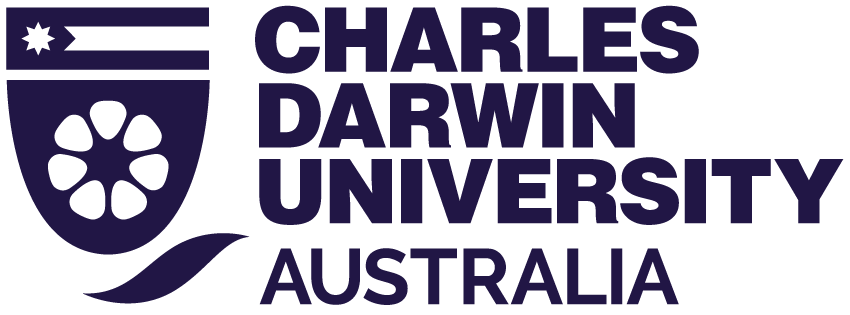The process of accounting
Accounting can be defined as the process of identifying, measuring and communicating economic information about an entity to a variety of users for decision-making purposes
There are 4 steps in the process of accounting:
- Identifying
- Measuring
- Communicating
- Decision Making
1. Identifying
Identifying business transactions
A business transaction is an event that affects the financial position of an entity and can be reliably measured and recorded.
Business transactions can include such events as:
- withdrawals of cash by the owner
- payment of wages and salaries
- earning of fees revenue
- purchase of an office photocopier or stationery
- capital contribution by owners
- incurring of interest on a bank loan
2. Measuring
Measuring refers to the analysis, recording and classifying of business transactions.
This component identifies how transactions will affect the entity’s position, and groups together similar items such as expenses and income.
Throughout the accounting period, individual assets, expenses, income, equity and liabilities will be grouped (classified) together to summarise the information.
For example, land, buildings, machinery, equipment and vehicles will be grouped together under the subheading ‘property, plant and equipment’.
3. Communicating
Communicating relevant information through accounting reports, such as the income statement and the balance sheet, for decision-making purposes.
This component of the Process of Accounting requires extensive training, experience and judgement.
4. Decision Making
The information reported in the entity’s financial statements should be relevant and reliable for users of accounting information to make sound business decisions.
The different users require accounting information for making important decisions such as:
- whether to invest in a business
- whether the entity should continue to manufacture a product or outsource this process
- whether the business has the resources to pay debts on time
All of these decisions involve making the most of the scarce resource – money.

